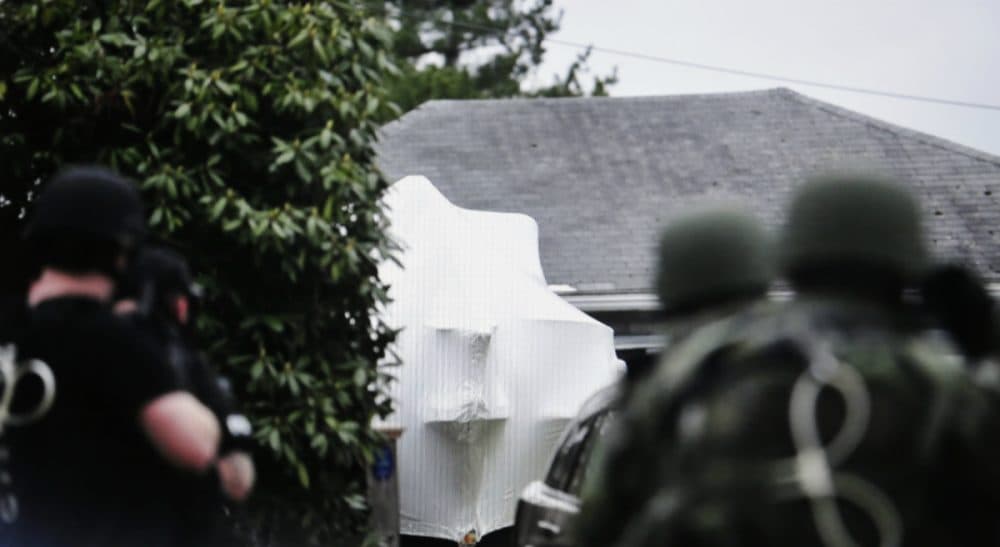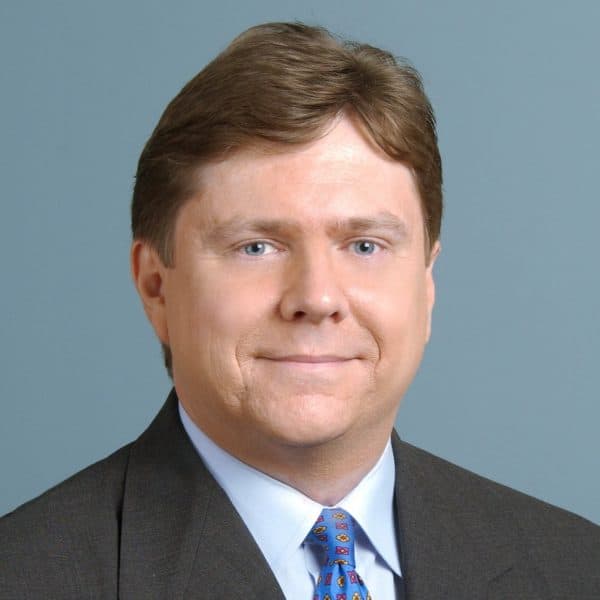Advertisement
When Your Work Suddenly Comes Home

For me, the Boston bombings of a year ago seem both far away and right beneath the surface. I was not directly touched by the violence; no family member or friends were injured or killed, but it did affect me in a personal way.
I work at MIT. Sean Collier, the police officer who was killed, was sitting in his car two blocks from my office. I live mere blocks from where they found the younger Tsarnaev huddled in a boat. My children have friends who knew him at Cambridge Rindge and Latin.
In the days that followed the bombings, I would drive the back way to a nearby TV studio for media interviews. On the day of the lockdown, of course, no cars were supposed to be on the road. As I made my way slowly down the empty streets, I could hear the helicopters over head. I passed Coolidge Square, where in front of Town Diner, dozens of journalists holding microphones were milling about, waiting to be fed some news. I passed police, all types with varied uniforms, more police than I had ever seen before.
As I made my way down a side street, two blocks from the studio, I stopped and held my breath. Half a dozen cops with black uniforms and big weapons were going house to house, and they were headed toward me. I stopped the car, rolled down the window, put my hands on the wheel and waited. They were very gracious and let me continue to the studio. As I turned in, I could see the Watertown Mall parking lot, which had been eerily transformed into a kind of farm for satellite trucks.
When I give a pubic talk or an interview on terrorism, and I describe what happened in Boston to give it a personal context, I start to get emotional.
I slipped into the studio and did something I had never done during the hundreds of interviews I had done there.
I locked the door.
It was all very strange, and I could feel different waves of emotion wash through me as the days progressed. At first, I was shocked. On Marathon Monday, I had been resting when my phone suddenly lit up like a Christmas tree. I was used to getting a barrage of phone calls from the media asking for comment on some terrible event in somewhere in the world, but it took me a moment to process that they were not talking about someplace else. They were asking about the Boston Marathon. Shock and incomprehension gave way to anger and defiance.
There was also fear: fear that an armed terrorist was likely blocks from my home and concern that all of us standing in front of a camera were going to make mistakes. Early in the coverage, CNN had wrongly reported a description of the suspects, and I knew from my experience during 9/11 that breaking news can be unreliable. I also felt awe and admiration for individuals responding in a moment of crisis and for an entire community confronting the threat of violence. Of course, not everyone was to be admired. Some used the tragedy to rail against immigrants or pursue small-minded political agendas, but they were the exception.
Advertisement
Mostly though, I just felt sadness. And that is what I mostly feel today. I am sad for the families who suffered and continue to struggle with the consequences of this cowardly act. And yes, I feel sadness for the Tsarnaevs. What a waste. And for what? What was accomplished? Nothing. It didn’t have to be.
And as I type these words, it all sort of comes back again. I say “comes back,” because today it is hard to imagine it ever happened. Humans have a strong and healthy impulse to get back to “normal.” Once Copley was re-opened, it was not long before the city found itself again. That’s a good thing, but it also has the effect of adding to the strangeness of it all. This terrible event comes from out of the blue, traumatizes and then disappears into history and routine.
But for me, it’s still there, in ways big and small. When I hear a helicopter overhead, I stiffen and listen, waiting to see if it will pass. When I give a public talk or an interview on terrorism, and I describe what happened in Boston to give it a personal context, I start to get emotional. My throat tightens, my eyes begin to well up and I struggle to push it down before the camera or audience begins to notice. But it’s there.
And I suspect it will be there for some time.
Related:
- All Cog coverage of the Marathon bombings
- Beyond The Finish Line: WBUR’s complete 2014 Boston Marathon coverage
